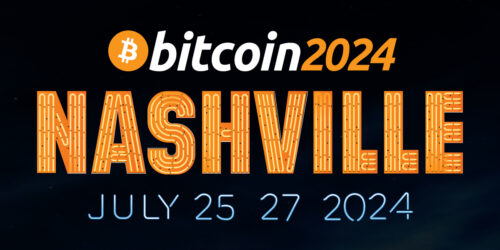Two technologies for preserving privacy in the digital world: zero-knowledge proofs and multi-party computation. MPC encourages public collaboration while protecting users’ data. Partisia Blockchain is hosting a hackathon in Paris to learn more about the technology.
By Elad Mintzer
Partisia Blockchain
As the world becomes increasingly digitized, privacy concerns are mounting. People are worried about their data being collected and used without their knowledge or consent. The development of the blockchain has only exacerbated these fears, as sensitive information is completely public to all and can be easily shared and collected online.
The further development of Web3 infrastructure is crucial for preserving users’ privacy while allowing them to interact and collaborate. One way to do this is through the use of zero-knowledge proofs (ZKPs). ZKPs allow one party to prove to another party that a certain piece of information is true without revealing what that information is. This protects users’ information and privacy without revealing sensitive data.
ZKPs are becoming the standard for enabling privacy in Web3 and are already being used in a number of different projects, including Ethereum, Zcash, and Filecoin. However, what if users would like to share information but not all of it? This is where multi-party computation (MPC) comes in.
Multi-Party Computation: Enabling Secure Data Sharing in Web3
Multi-party computation (MPC) allows several parties to jointly compute a function while keeping its different elements private. This way, data can be split and transferred through a decentralized network of computers, without any single computer having access to the full data. Thus, allowing users’ to have full control over their data and encourage collaboration by revealing only some of the data while securing other parts of it.
The technology has existed for over 30 years and was recently launched by Partisia Blockchain that added the decentralized rewarding mechanism which incentivizes the computers in the network to take an active part in the computation. Essentially, MPC allows shareable data to be securely shared while keeping their secret private.
While both ZKPs and MPC are important for preserving privacy, they have some key differences. ZKPs focus on proving the validity of a statement between two parties using true or false statements without revealing any information about the underlying data. ZKPs are best suited for situations where you need to prove that you know something without revealing what that information is. MPC is best suited for situations where you need to share specific data with multiple parties and true-false information is insufficient.
Almost 200 #developers are signed up for #PartiHack so far! The #deadline to submit your #hackathon proposal for a share of $350K in grants is fast approaching. Join in! https://t.co/VLsMGwOEyu pic.twitter.com/hFBQVyk7b2
— Partisia Blockchain (@partisiampc) November 7, 2022
There are a number of potential applications for ZKPs and MPC for preserving privacy in the digital world:
One potential application is in the area of KYC (know your customer) compliance. Currently, when users sign up for a new account with a financial institution or other type of company, they are required to provide a great deal of personal information. This information is then stored in a central database that is susceptible to hacks and data breaches. With MPC, this information could be split up and stored across multiple computers, making it much more difficult for hackers to obtain and revealing only the minimum amount of information necessary.
Another potential application is in the area of healthcare. Currently, patient health information is often stored in central databases that are accessible to a wide range of people, including healthcare providers, insurance companies, and employers. This information is often used without the patient’s knowledge or consent, and can be sold to third parties. With ZKPs and MPC, patients could choose to share only the minimum amount of information necessary with each party, preserving their privacy.
ZKP and MPC are two of the most promising technologies for preserving privacy in the digital world. As more and more sensitive information is shared online, it is crucial that we find ways to protect people’s privacy. These technologies are a step in the right direction, and we can only hope that they continue to be developed and used in order to preserve our privacy.
Get involved!
Partisia Blockchain is hosting its first hackathon in Paris in one month and looking for curious entrepreneurs and developers who would like to learn more about this advanced technology that will pave the next chapter of the internet.
Check it out at: https://hackathon.partisiablockchain.com/










